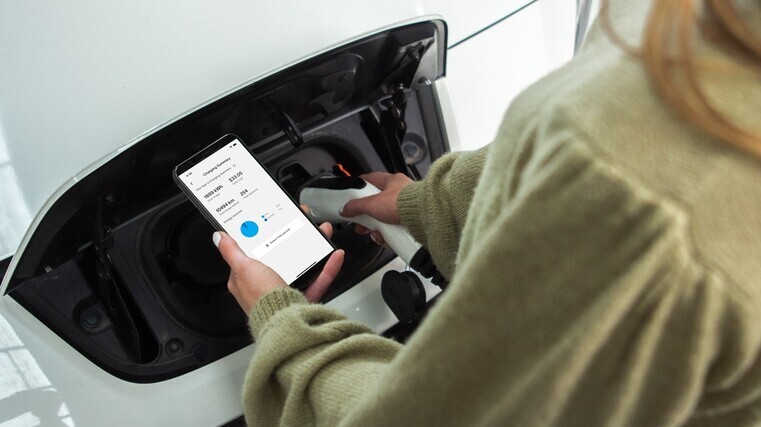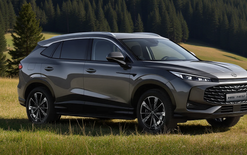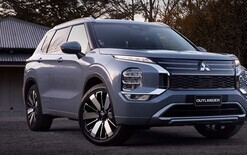EVs putting pressure on grid

Bigger electric vehicles (EVs) boasting larger batteries and longer ranges are increasing the demand on New Zealand’s electricity grid, according to figures gathered from more than 3,500 smart EV chargers across the country.
The Summer 2023 Insights Report from Evnex, a New Zealand smart charger manufacturer founded in Christchurch, shows how the average energy delivered in EV charging sessions is rising annually.
Ed Harvey, chief executive officer, says the study reveals charging sessions at home are using about 3-3.4kWh more energy than two years ago – a median increase of 20 per cent since summer 2021.
“As previously dominant EV models like the Nissan Leaf, which stores 24kWh to 30kWh of electricity, give way to longer range 60kWh-plus vehicles, we’re seeing increased demand for energy – a trend we expect to continue,” he explains.
“The maximum energy in a residential setting for EV charging has now stabilised at around 90kWh, although it remains to be seen if this will hold as EV utes and trucks start to enter the fleet.”
The report notes larger battery backs that allow EVs to have ranges of more than 400km may mean it becomes possible for some motorists to do large weekly charges rather than small daily charges.
Larger packs make cars heavier too and thus more energy is used to do the same journey, it continues.
“Both of these lead to increases in the energy delivered per charge, so growth [in power consumption] is likely to continue while battery packs increase in energy capacity,” the report says.
A number of power retailers offer customers cheaper and free energy overnight to help manage demand and the report indicates consumers are taking advantage of these offers.
Evnex’s data, gathered from December 2022 to March 2023, shows about 60 per cent of overnight vehicle charging sessions were time delayed to capitalise on the discounts. It also highlights charging spikes at 10pm and 11pm when night rates and free power periods began.
Harvey, pictured below, says it’s encouraging to see shifts in consumer behaviour as electricity retailers focus on peak management. He adds flexibility across the network will provide room to accommodate bigger EVs and increased power demands.
“Generally speaking, our lines operate well below their capacity at most times of the day, and there remain additional windows retailers can use to manage demand,” he adds.
“Some parts of our network may need to be upgraded in the future to keep pace with energy demands – as EV distribution won’t be equal across all parts of the country.
“While larger EVs have bigger energy needs, smart charging technology will be important in helping manage capacity.”
To read the Evnex Summer 2023 Insights report, click here.






